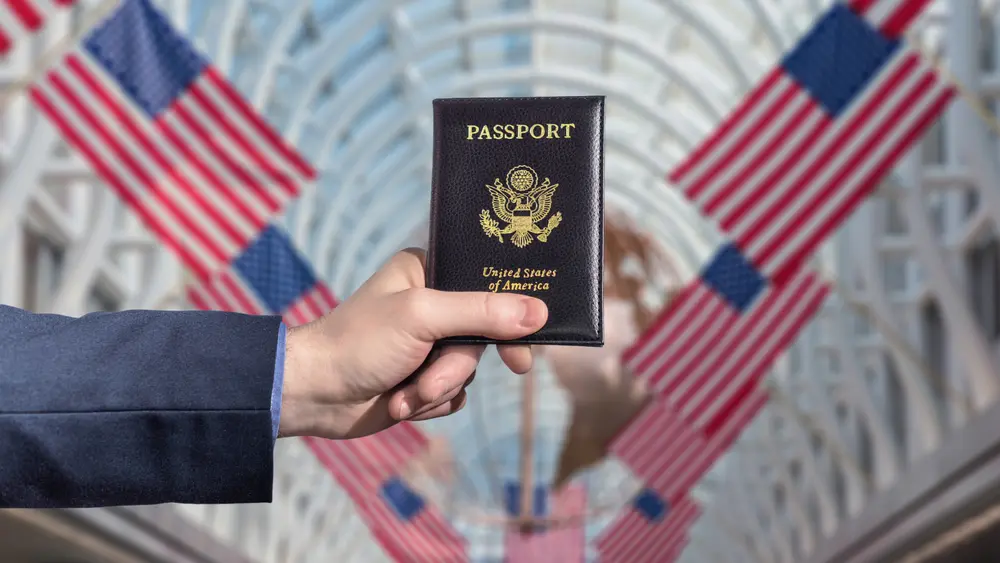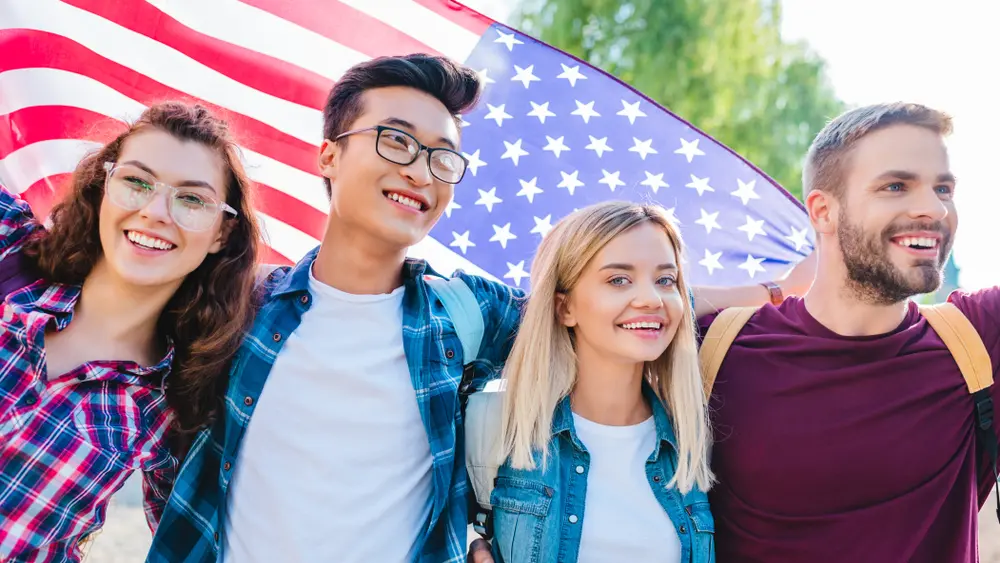- American Green Card Services
- support@americangc.com


Comparing the Diversity Visa Lottery with Other Immigration Options
The Diversity Visa (DV) Lottery, or Green Card Lottery, is one of several pathways to obtaining permanent residency in the United States. Each immigration option has its own set of requirements, processes, and benefits. At AMERICANGC, we aim to help you understand these options and determine the best path for your unique situation. This article compares the DV Lottery with other common U.S. immigration options, highlighting the key differences and advantages of each.
The Diversity Visa Lottery
Overview:
The DV Lottery is designed to promote diversity within the U.S. immigrant population by randomly selecting applicants from countries with historically low rates of immigration to the United States. Annually, around 50,000 visas are granted through this program.
Eligibility:
- Applicants must be from eligible countries.
- Must have at least a high school education or equivalent, or two years of work experience in a qualifying occupation.
Process:
- Submit an application during the annual registration period.
- If selected, complete further visa application steps, including an interview.
Advantages:
- Simplifies the path to permanent residency.
- No sponsorship required.
- Free to apply.
Challenges:
- Highly competitive due to random selection.
- Strict eligibility and documentation requirements.
Employment-Based Immigration
Overview:
Employment-based immigration allows individuals to obtain a green card through a job offer from a U.S. employer. There are five preference categories (EB-1 to EB-5), each with specific criteria.
Eligibility:
- Varies by category; generally requires a job offer and labor certification.
- Categories include priority workers, professionals with advanced degrees, skilled workers, and investors.
Process:
- Employer files a petition on behalf of the applicant.
- Applicant may need to obtain labor certification from the Department of Labor.
Advantages:
- Direct pathway to permanent residency.
- Can lead to quicker processing times for high-priority workers.
Challenges:
- Requires a job offer and employer sponsorship.
- Labor certification can be complex and time-consuming.
Family-Based Immigration
Overview:
Family-based immigration allows U.S. citizens and permanent residents to sponsor relatives for a green card. Immediate relatives (spouses, parents, and unmarried children under 21) have priority, while other family members fall into preference categories.
Eligibility:
- Sponsor must be a U.S. citizen or permanent resident.
- Applicant must be a qualifying family member.
Process:
- Sponsor files a petition on behalf of the applicant.
- Visa availability depends on the relationship and country of origin.
Advantages:
- Strong support system through family sponsorship.
- Immediate relatives have no annual visa cap.
Challenges:
- Preference categories have long wait times.
- Sponsor must meet financial requirements.
Asylum and Refugee Status
Overview:
Individuals who face persecution in their home country can seek asylum or refugee status in the United States. Asylum seekers apply while in the U.S., while refugees apply from abroad.
Eligibility:
- Must prove persecution or a well-founded fear of persecution based on race, religion, nationality, membership in a particular social group, or political opinion.
Process:
- Apply for asylum within one year of entering the U.S.
- Refugees undergo screening and interviews abroad before being admitted to the U.S.
Advantages:
- Provides protection for those facing serious threats.
- Can lead to permanent residency and eventually citizenship.
Challenges:
- Rigorous screening process.
- Asylum applications can take years to process.
Student and Work Visas
Overview:
Non-immigrant visas like F-1 (student) and H-1B (specialty occupation worker) allow temporary stay in the U.S. These visas can sometimes lead to permanent residency.
Eligibility:
- F-1: Acceptance to a U.S. educational institution.
- H-1B: Job offer in a specialty occupation requiring a bachelor’s degree or higher.
Process:
- F-1: Apply to a U.S. school and obtain a Form I-20.
- H-1B: Employer files a petition; subject to annual caps.
Advantages:
- Opportunities for education and employment.
- Can be stepping stones to permanent residency.
Challenges:
- Temporary nature; must maintain status.
- H-1B subject to lottery due to high demand.
About AMERICANGC
At AMERICANGC, our mission is to make your dream of living and working in the United States a reality. We specialize in simplifying the Green Card Lottery registration process, ensuring accuracy, efficiency, and compliance with all requirements. Our team of experts will guide you through every step, from determining eligibility to submitting your application and preparing for your interview.
Our Services
- Green Card Lottery Registration:
We manage the entire registration process, ensuring your application is completed correctly and on time. - Application Review:
Our meticulous review process helps prevent any errors that could disqualify you. - Photo Assistance:
We assist in gathering and preparing all necessary documentation and photos to meet the required standards. - Ongoing Support:
We provide continuous support throughout the registration period, addressing any questions or concerns you may have.
Ready to take the first step towards your American Dream? Register with AMERICANGC today and let our experienced team handle the complexities of the Green Card Lottery process for you. With our comprehensive services, you can be confident that your application is in good hands.
By following this guide and utilizing our professional services, you are well on your way to securing a spot in the Diversity Visa Lottery and potentially obtaining permanent residency in the United States.
Contact AMERICANGC today to learn more and start your journey to the American Dream!




